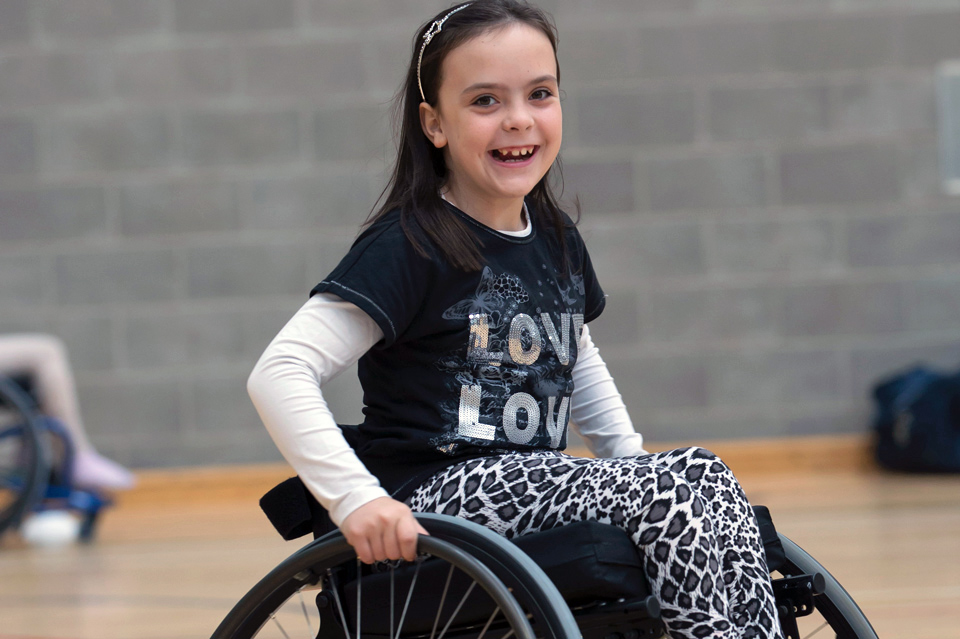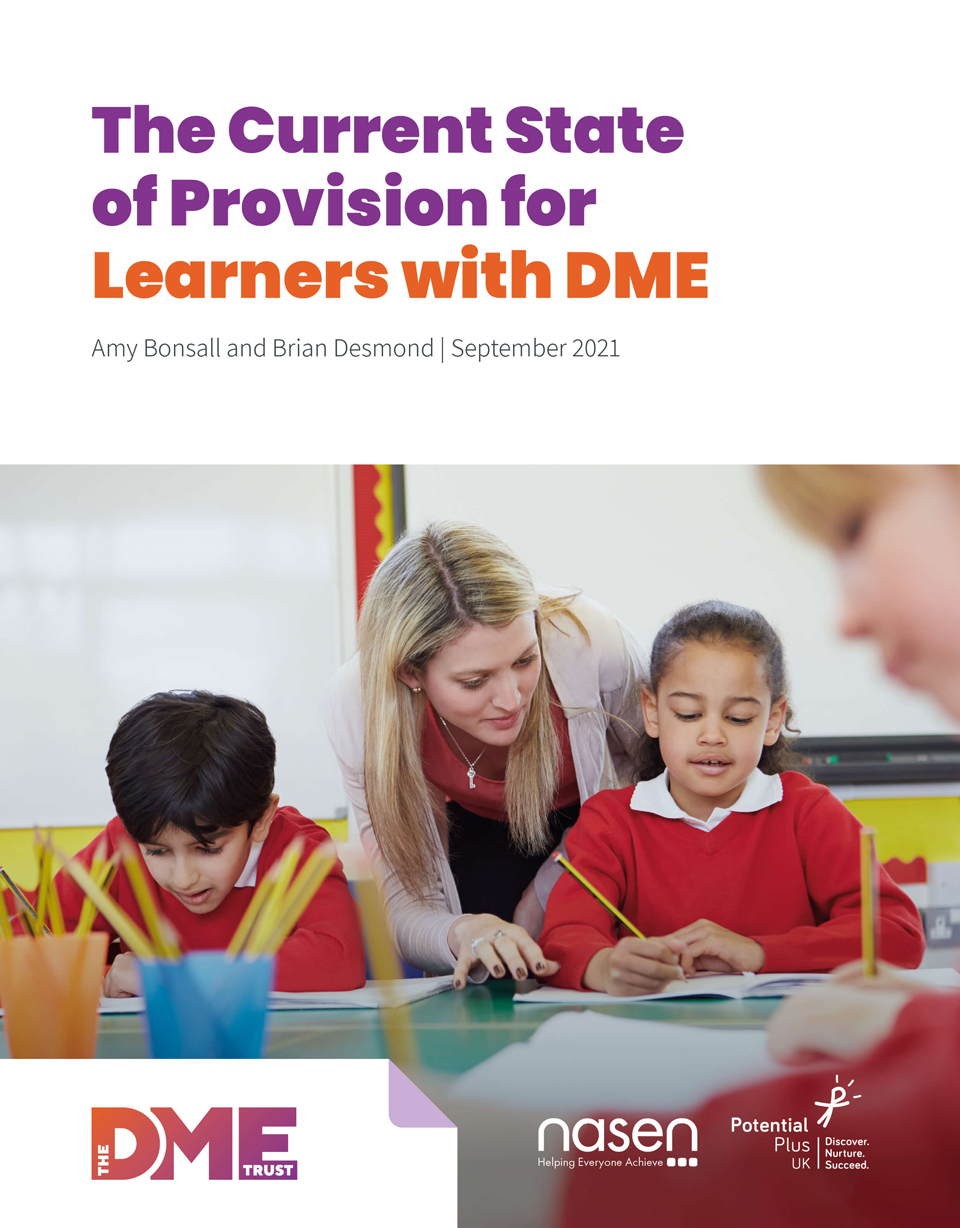Support without Limits
Potential Plus UK, in collaboration with nasen, the National Association for Special Educational Needs, has established The DME Trust, to improve the lives and education of young people with dual or multiple exceptionality (special educational needs and/or disability with high learning potential).
It is estimated that 5-10% of children with high learning potential also have a special educational need and that 2-5% of those children with an identified special educational need also have high learning potential. Therefore, individuals with dual or multiple exceptionality (DME) could be described as a minority within a minority.
The term dual or multiple exceptionality is used to cover high learning potential alongside:
- Neurodevelopmental conditions, such as autism, attention deficit disorders, sensory processing disorder and dyspraxia
- Learning difficulties such as dyslexia, dysgraphia and dyscalculia
- Sensory and speech impairments
- Mental health issues
- Physical disabilities
In order to avoid problems and to support them to meet their potential, young people with dual or multiple exceptionality need recognition and understanding both at home and at school. Most fundamentally, they need support for both their high learning potential and their difficulty or disability, as supporting one without the other will cause further pressure or frustration.
Until now, access to specialist information about dual or multiple exceptionality has been fragmented. On 16th February The DME Trust launched the website www.dmetrust.org. This website brings together UK-based information about dual or multiple exceptionality – such as articles, publications, reports, advice sheets and videos – to support teachers, parents and young people.
Published in February 2022, this report was commissioned by the DME Trust to look at the provision that exists for learners with dual or multiple exceptionality (DME). It looks at the experiences of parents, carers, educators and service providers. Its conclusion is that many learners with DME remain unidentified and unsupported by the education system – with many disengaging from learning or struggling with mental health issues and being squeezed out of the education system in the form of school refusal, exclusion and elective home education. The report offers recommendations on how to improve the outcomes and wellbeing of learners with DME.







